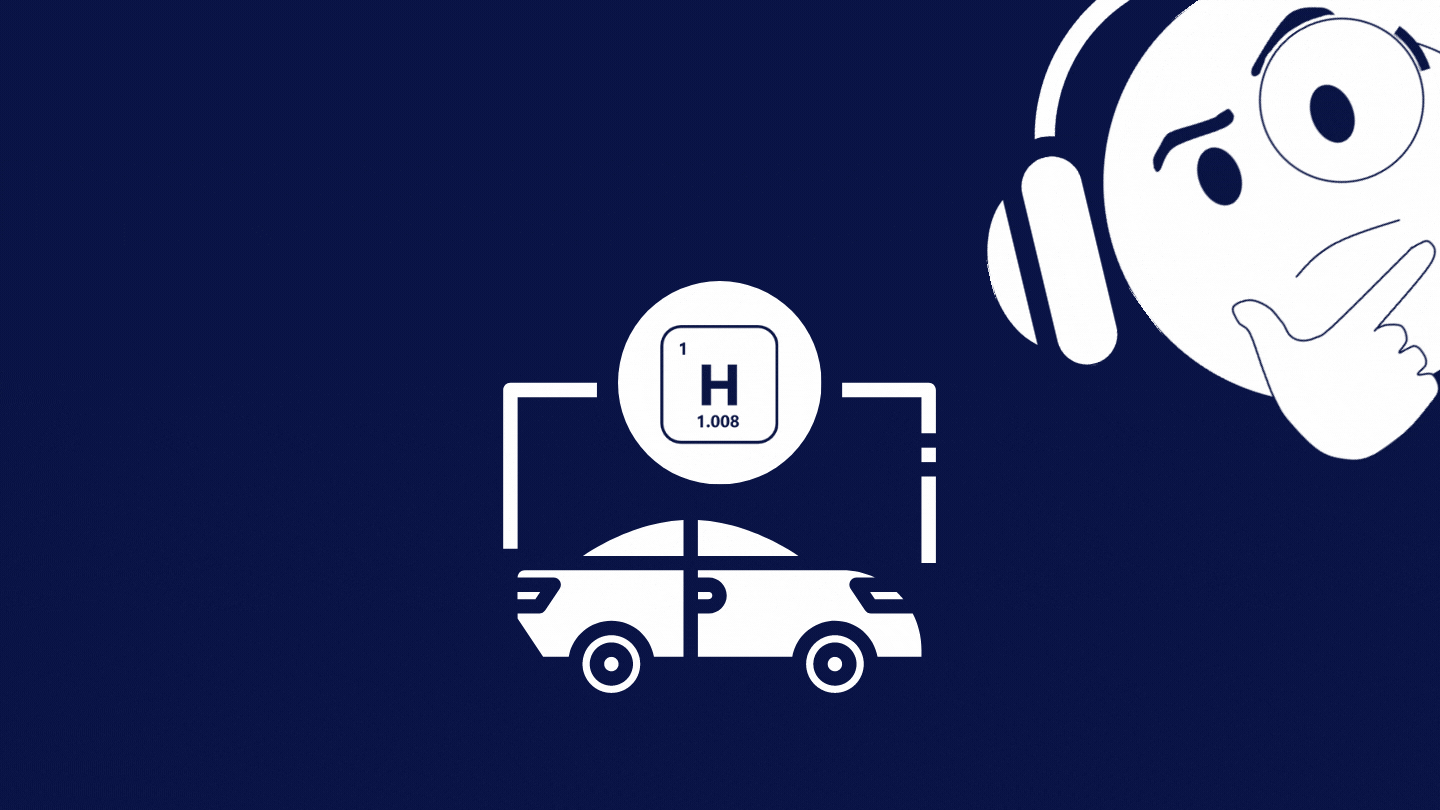Methanol Hybrid Offshore Working Vessels
A technical, environmental and economic assessment by J.M. Rozendaal at Van Oord
Summary - This thesis by J.M. Rozendaal at van Oord focuses on the technical, environmental and economic impact of a methanol hybrid power plant design for new-build offshore working vessels. Its conclusion is that a methanol solution has a CO2 reduction potential up to 99% and a CO2 price of 78 euro per ton CO2 reduction. For this case, it means that methanol is most cost-effective when compared to bio-diesel and ammonia power plant solutions.
For the full research thesis on the TU Delft repository, click here.
Abstract
To support Van Oord’s path towards a low-emission future fleet, this thesis has focused on the technical, environmental and economic impact of a methanol hybrid power plant design for new-build offshore working vessels (OWVs). These Dynamic-Positioning (DP) vessels are known for their large and dynamic power plants and have to limit their NOx emissions in order to comply with IMO Tier III regulation. The research objective has been to assess the cost-effectiveness of a methanol hybrid power plant solution to reduce CO2 emissions of new-build OWVs relative to other alternative fuel options.
As alternative fuels, both bio-diesel and ammonia have been selected as benchmark options. Two models have been developed to find the cost-effectiveness of the methanol and benchmark power plant solutions to reduce CO2 emissions. These models are a power plant model (PPM) and a cost assessment model (CAM). The PPM consists of an engine model, a battery model and a power management model. For a specific engine type, the engine model determines the fuel consumption and emissions performance by using available engine data. Next, based on the principle of equal energy consumption and relative fuel characteristics, these fuel consumption and emission performance are adapted in order to represent methanol or one of the benchmark fuels in the selected engine type.
The battery model is established in line with DP hybrid power plant requirements and the power management model acts as a connecting link to bring the engine model and battery model together on a power level. The CAM uses the PPM output to find the relationship between costs and CO2 reduction for each power plant solution. This is done by comparing the annualized Total Costs of Ownership (TCO) and the Life-Cycle (LCA) CO2 emissions of each solution with a diesel-based configuration. In this comparison, the annualized TCO consists of the yearly operational costs and annualized investments costs of each solution. The life-cycle emissions account for both well-to-tank (WTT) and tank-to-propeller (TTP) emissions of each fuel type. A case study considering the Bravenes, a flexible fallpipe vessel within the fleet of Van Oord, has been carried out to bring the developed models into practice and to provide a solution to the research objective.
The technical details of this vessel have been used to create the methanol and benchmark power plant solutions which comply with both IMO Tier III and DP regulations. Next, a representative load profile of the vessel has been applied to simulate the performance of the different power plant solution for a duration of one year. Based on these simulation results, it has been found that the methanol solution has a CO2 reduction potential up to 99% and a CO2 price of 78 euro per ton CO2 reduction. This means that methanol is most cost-effective in comparison to both the bio-diesel and ammonia power plant solutions. Relative to methanol, the battery has a similar CO2 price of 79 [euro/ton CO2], but has a CO2 reduction potential of 8.5% only.
To motivate Van Oord to invest in a methanol hybrid power plant solution for new-build OWVs, external or internal incentives are required to bridge the CO2 price gap between the methanol hybrid solution and a diesel-based configuration. As external incentives, the expected CO2 tax and / or subsidy for the use of advanced fuels are particularly interesting to consider for new-build investment decision in 2021 and beyond.
References & More Stories
Mr. Sustainability - Insights on Hydrogen
Mr. Sustainability - Hydrogen Costs
Ask our community to learn more and get in contact with others developing hydrogen in the offshore industry

















